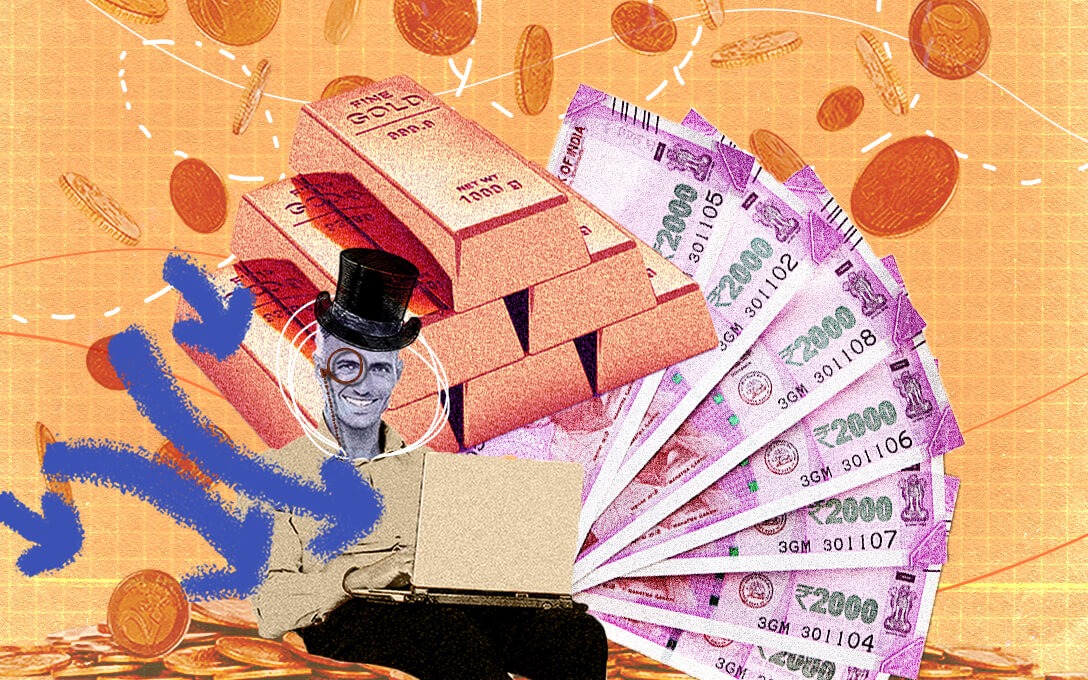Benefits of ETFs & Why We Used Them for Timeless Asset Allocation smallcase

To understand ETFs or exchange traded funds, we have to first understand indexation.
Let’s say you and your friend, Rohan, are football fans. At the beginning of the football World Cup, you give Rs 50 to Rohan who is a big time France supporter. Rohan promises to add Re 1 for every goal scored by France and deduct Re 1 if some other team scores a goal against France. He also promises to give your money back at any point during the World Cup.
In the first game, France scores two goals against Australia and Australia only manages to score one goal against France. Thus, the value of your investment becomes Rs 51. France wins the second game against Peru by 1-0 and the value of your investment becomes Rs 52. After the second game, you decide to take back your money and Rohan gives you Rs 52 back.
In this example, net goals scored by France determine the exact change in the value of your investment and we can say that your money was indexed to the same. ETFs also work in the same manner. Your investments in ETFs get indexed to an underlying asset, which could be the price of gold, price of a stock of Reliance or value of the Nifty. If you invest in a gold ETF and the price of gold increases by 5%, your investment will also increase by approximately the same amount.
You can buy or sell ETFs anytime during market hours, just like stocks from your broker account, as they are also listed on the exchanges.
Benefits of ETFs
Low cost of investing
Because actively-managed mutual funds require the expertise of a fund manager and research team, these funds come with high management fees. ETFs on the other hand have little to no management fees.
Real-time investments
ETFs trade on an exchange, which is why they can be bought and redeemed at their real-time per unit price. The flexibility to invest or redeem during the day allows the investor to take advantage of sudden movements in the markets.
Returns that can be relied upon
Actively-managed funds have the mandate to beat their benchmark index. This also puts them at the risk of losing money in lieu of earning higher returns. An ETF tracks an index, which is why its performance will be in line with the index. If you believe that the Nifty is going to rise in the coming years, you can simply invest in a Nifty ETF and participate in its growth.
These are some of the benefits that ETFs. These are the reasons why we have chosen ETFs as the underlying instruments for our Timeless Asset Allocation smallcase (formerly known as All Weather Investing smallcase).
As the name suggests, the smallcase is ideal for long-term investing in all kinds of market conditions. The Timeless Asset Allocation smallcase comprises four ETFs that provide exposure to diversified asset classes like equities, fixed income and gold.





